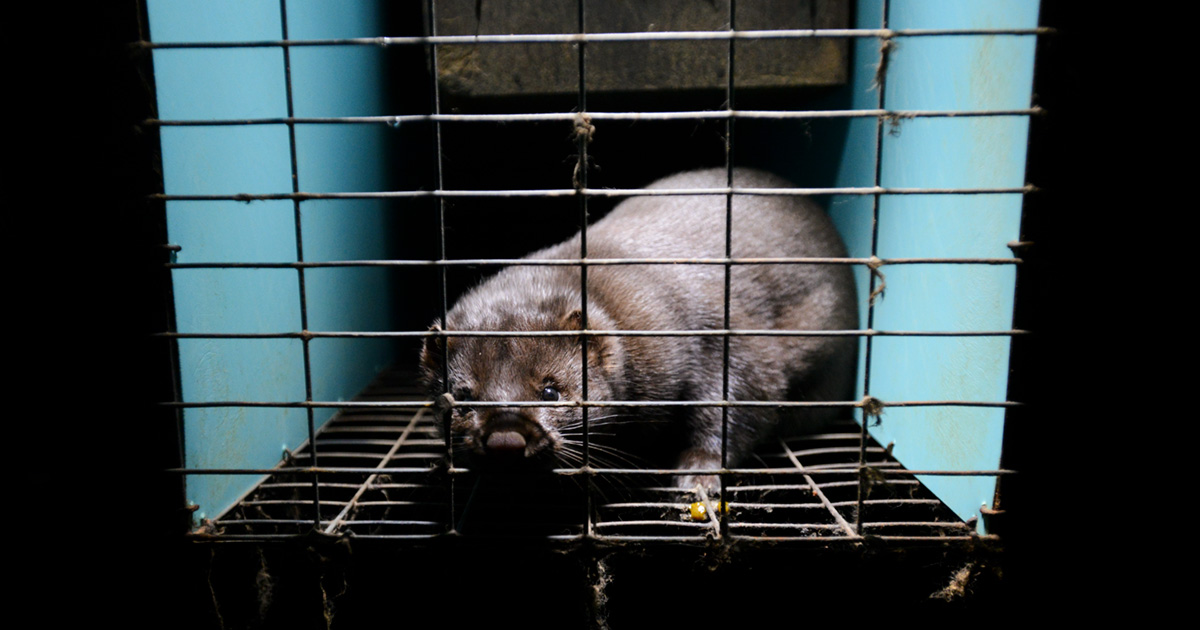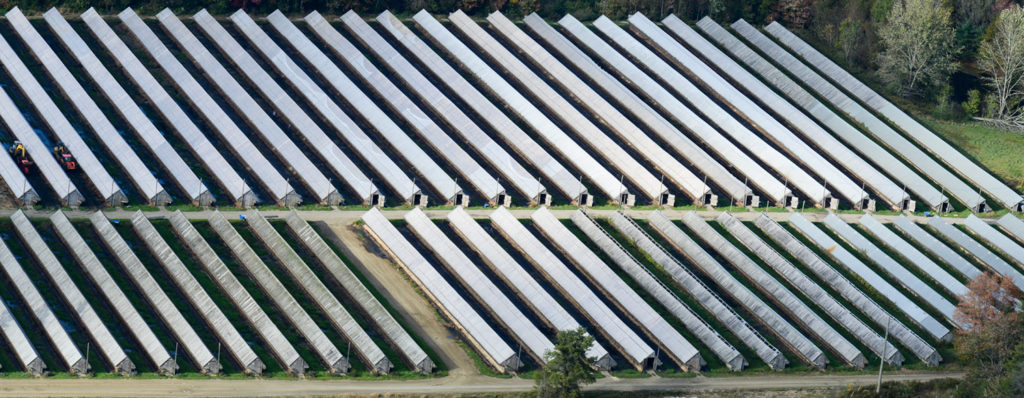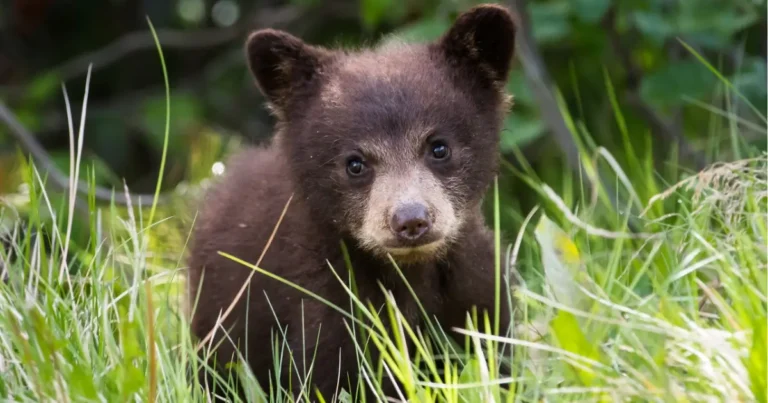
The National Farm Animal Care Council (NFACC) has issued their proposed updates to several sections of their Code of Practice for the Care and Handling of Farmed Mink. These changes include rollbacks on cage size changes two-years out and allow for unproven, distressful killing methods to take place.
Further, many of the changes involve vague terminology, like “appropriate,” “sufficient,” or “adequate.” These terms create inconsistency from farm-to-farm and aren’t enforceable because they’re not defined or measurable.
To take action, please click here and use the NFACC’s tool to submit comments. Identify yourself as an animal welfare advocate, be polite and consider what specific sections you’re commenting on. If you’d like to skip to the end, you can comment on the “general comments” section in the end.
Please take time to read the changes carefully, and note that a strikethrough represents text being removed and additions are shown in red. The Fur-Bearers opposes these changes and is concerned that the NFACC did not take time to add considerations surrounding SARS-CoV-2 and COVID-19.

What is the NFACC?
The National Farm Animal Care Council (NFACC) is a non-governmental organization funded by its members to develop animal welfare standards and related programs that benefit the interests of its members. The organization’s main product are Canada’s Codes of Practice, non-governmental policy documents that set out ‘minimum requirements’ and ‘recommended practices’ for a wide range of species of farmed animals.
Most Canadians will be shocked to learn that no formal government oversight of farming practices exists for animal welfare in Canada. Instead of proactively regulating animal industries, the federal, provincial and territorial governments have gotten away with claiming this ground is covered by the charities they have downloaded animal cruelty enforcement onto, including the SPCA and humane societies.
Loopholes and Legislative Issues
Every provincial animal cruelty law in Canada includes a loophole clause that prevents people from being prosecuted for animal cruelty if their behaviour is considered a ‘reasonable and generally accepted practice’. This means someone could legally keep their dog confined to a vari-kennel 24 hours a day or try to neuter him with a rubber band – as long as enough other people did as well.
It’s this kind of circular thinking that is to blame for decades of no meaningful progress in improving animal welfare in Canada, with governments having completely abdicated their responsibility for setting standards that meet the moral expectations of their citizens. And farmed animals are right at the centre of this issue.
Canada’s Code of Practice can serve as that ‘reasonable and generally accepted practice’ for the right species, but generally cannot be used to require farmers to meet their supposed ‘requirements’. At least not without being required by law to be adhered to proactively, which most Canadian provinces haven’t seriously considered.
Science Versus “Economic Implications”
According to NFACC’s website, the Codes are prepared by industry-dominated committees with representation from an animal welfare organization, a veterinarian and an animal welfare scientist. These groups debate the issues and arrive at a consensus on what the standard should say. The committees are expected to consider scientific research but are also bound to ensure “requirements and recommended practices should be practical, manageable and consider economic implications.”
It becomes clear when reading some of these Codes what this really means: if science points to a practice causing suffering, but replacing it will be costly, the science is going to lose.
We also note that no animal welfare organizations appear to have agreed to sit on the committee struck to process these amendments to this Code. Perhaps they know, as we do, that no possible enhancements to these intensive farms could create a quality of life for these wild animals that they need.
To have your voice heard about fur farming in Canada you can:
- Take action above regarding the proposed changes to the codes of practice for mink.
- Sign ePetition 3096 to ask the House of Commons to end fur farms in Canada
- Use this tool to contact your B.C. MLA and decision makers to end fur farming in B.C.
- Become a monthly supporter of The Fur-Bearers by clicking here
